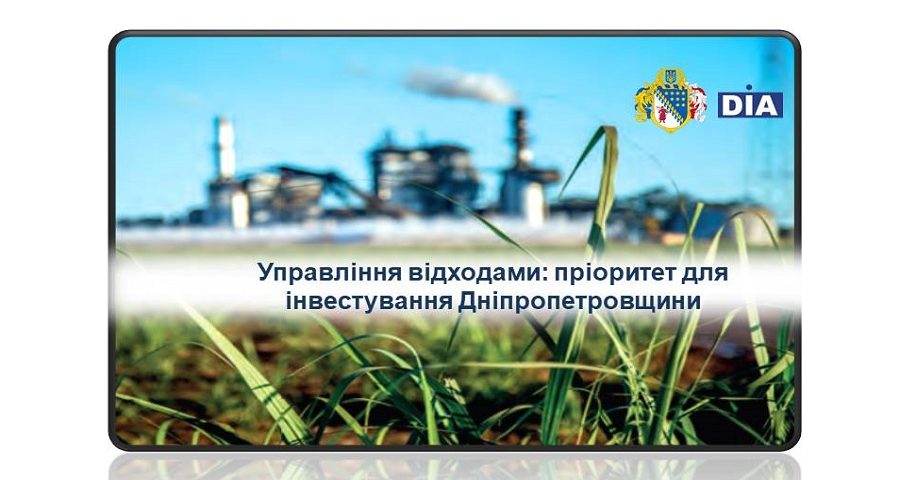Doing business

Waste management in Ukraine needs to increase the pace of reform in the sector. Only about 6% of 400 million tonnes of waste generated annually in Ukraine is recycled. This percentage is almost 7 times lower than the EU average recycling rate of 40%. At the same time, the gap increased in 2022, as significant volume of waste caused by the war was added to those millions of tonnes.
The global waste management market in 2021 was valued at more than $420 billion, while global market researchers forecast its growth by another 5% by 2026. But it is the recycling segment that is showing the highest growth rates.
In Dnipropetrovsk region, according to the Ministry for Communities and Territories Development of Ukraine, the total number of landfills is 211 (covering an area of 875.66 hectares), and waste increased by 309.4 million tonnes in 2020 (State Statistics Service data). The problem with waste cannot be solved by increasing the number of landfills, because this does not make the waste disappear. It needs to be recycled, sorted, and used for energy generation.
DIA supports investment projects for solid waste management from communities:
Construction of a waste processing plant with a capacity of 150,000 tonnes of mixed waste per year, including a waste sorting station, a line for the production of alternative RDF fuel and recyclables, and an organic waste composting facility.
Collection and disposal of solid waste in the sub-region’s member territories (cities of Pavlohrad, Ternivka, Pershotravensk, Pavlohrad and partially Sinelnykove districts) through the creation of a solid waste management facility with possible production of alternative energy sources.
The implementation of these investment projects will improve the environment by recycling waste instead of dumping it, develop a new sector of the economy by creating a full-fledged waste management system and the necessary infrastructure for solid waste processing, which are currently non-existent. In turn, this will create new jobs.
We invite you to DIA’s investment portal, where you can find out more about investment projects from communities and businesses of the region.